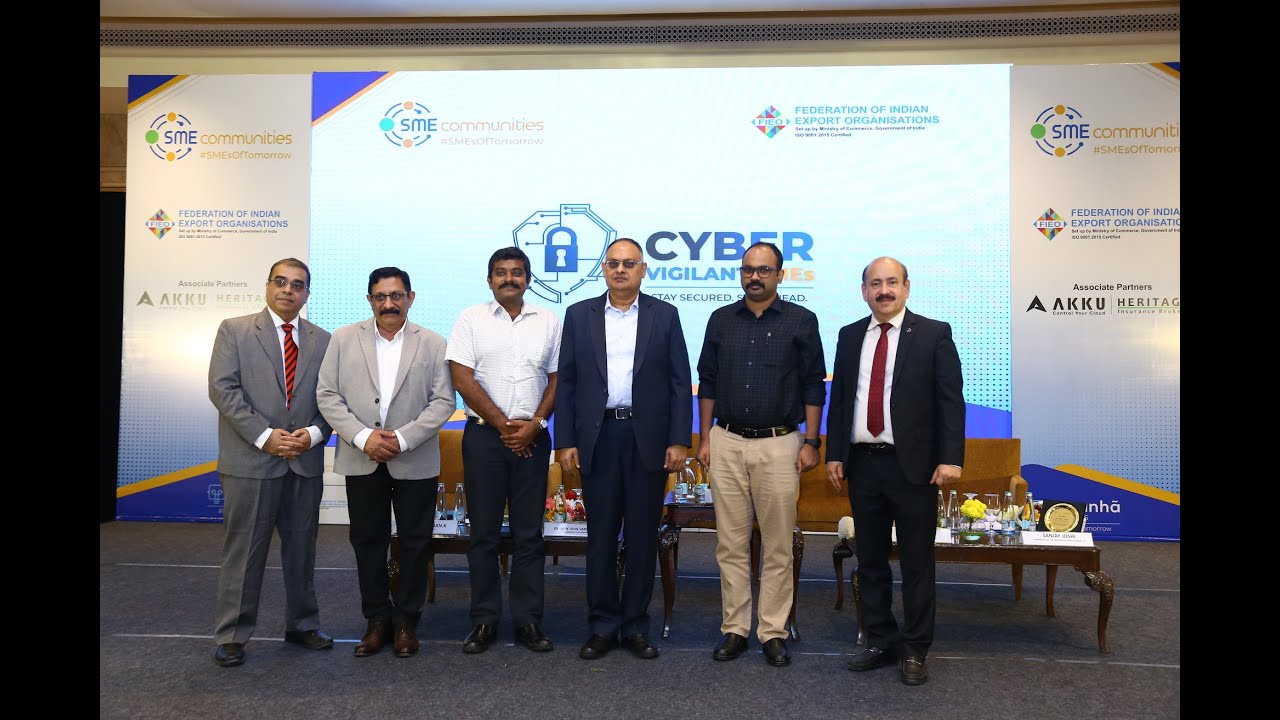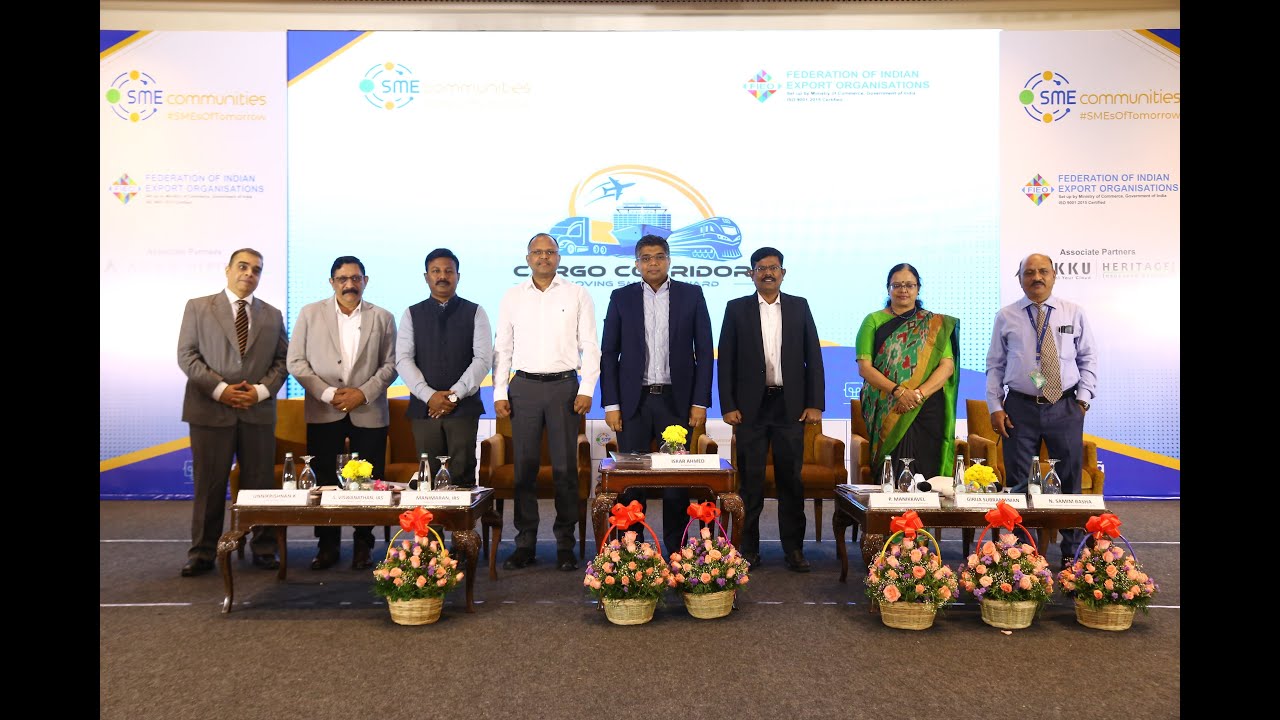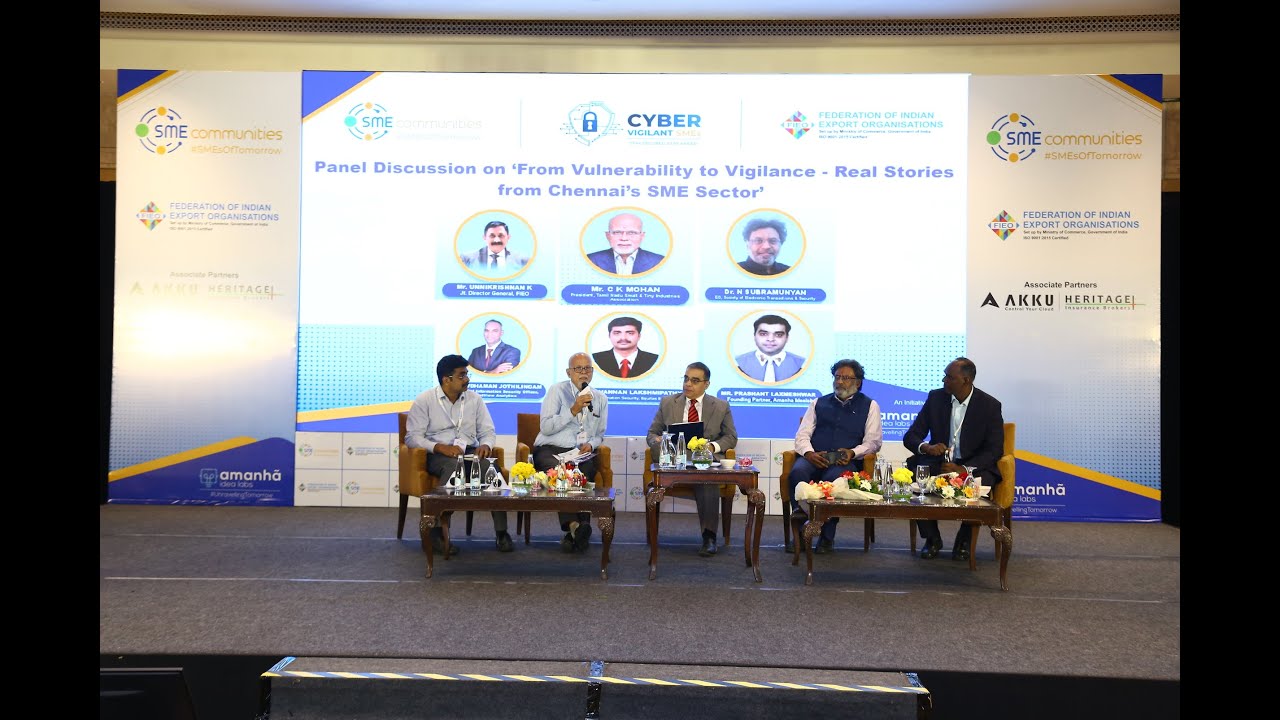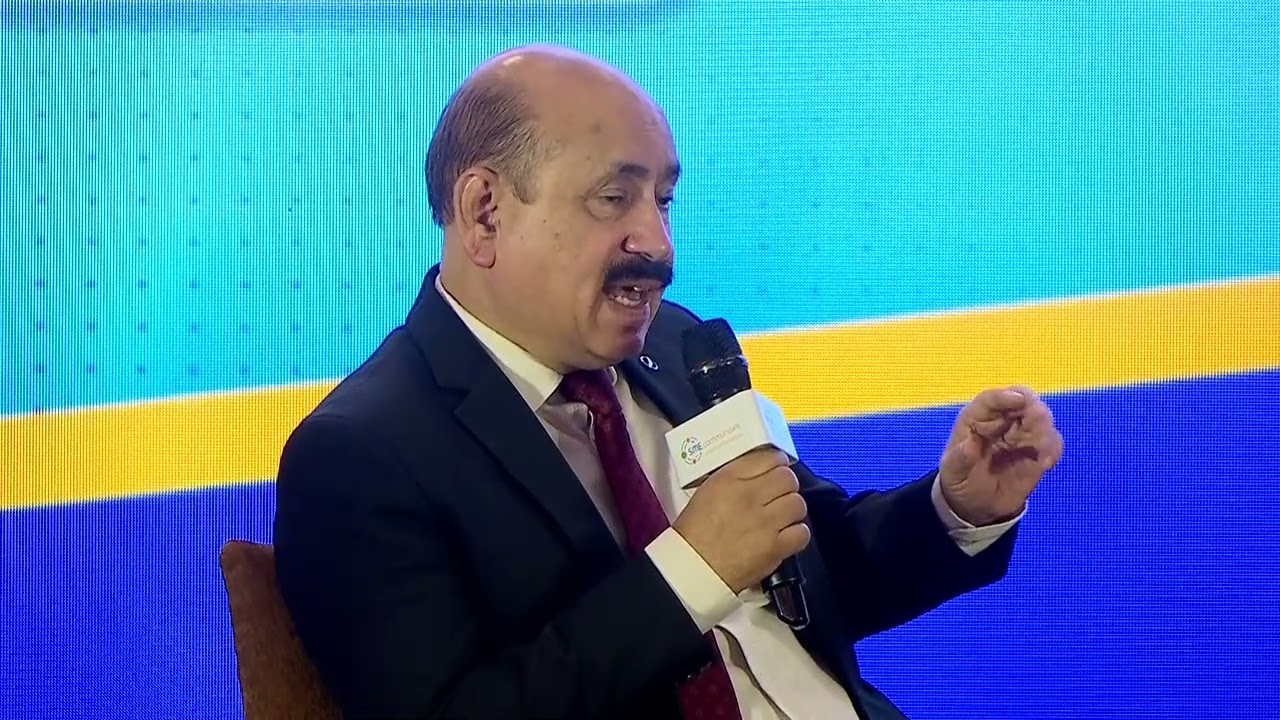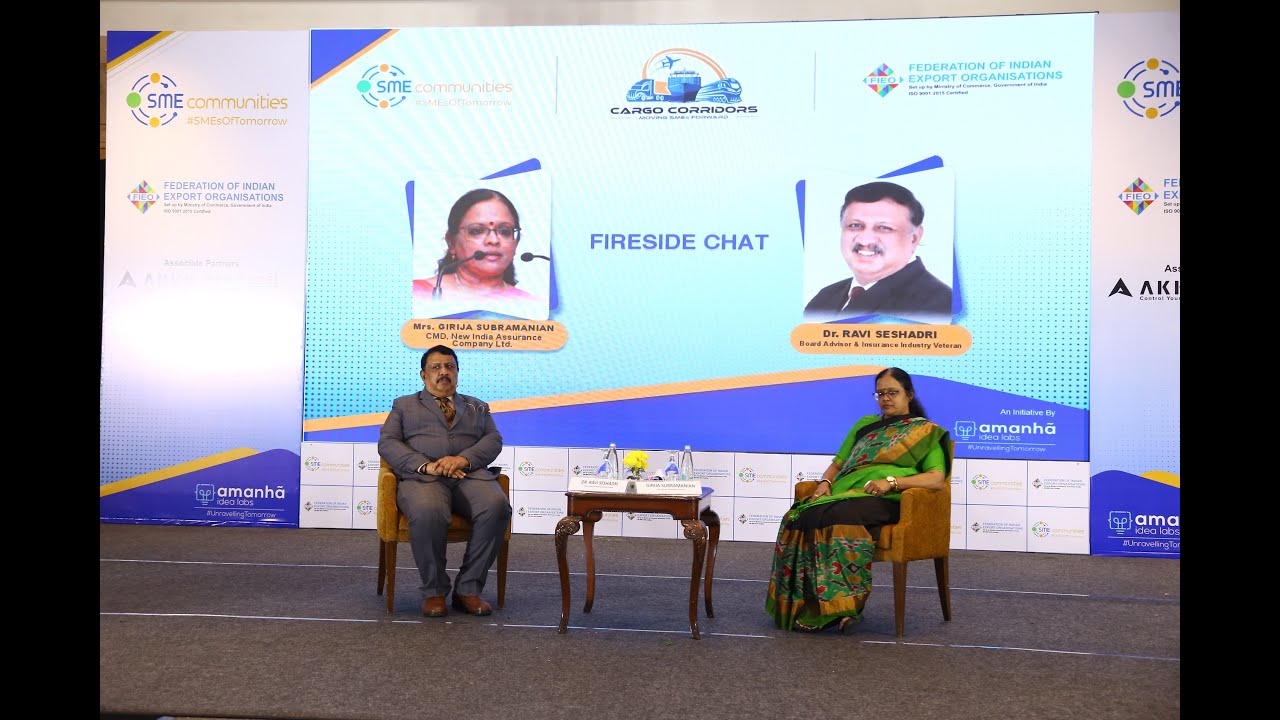Risk Management and Insurance: The Missing Pillars of SME Export Competitiveness
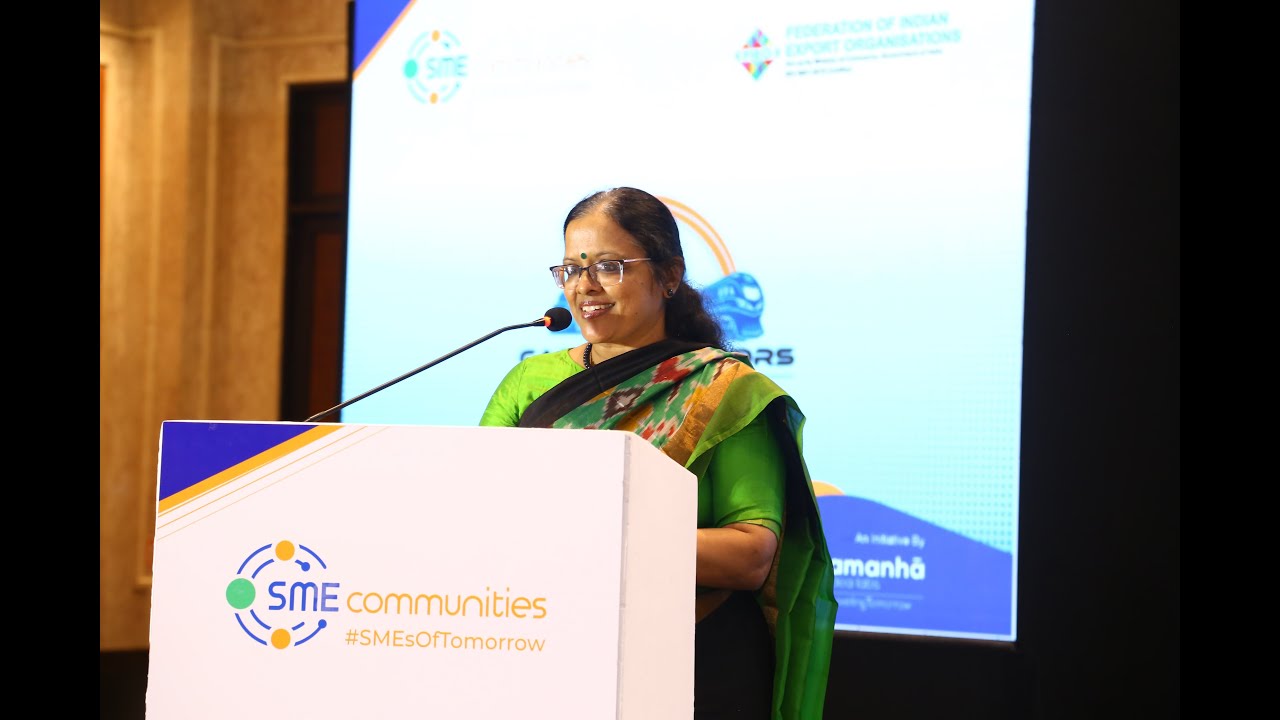
India’s 6.3 crore micro, small, and medium enterprises are the backbone of the economy, contributing nearly half of India’s exports. But their global ambitions often collide with an unforgiving reality, thin margins, volatile markets, and risks that can wipe out years of progress.
Speaking at Cargo Corridors: Moving SMEs Forward, hosted by SME Communities in association with FIEO, Ms. Girija Subramanian, Chairman & Managing Director of The New India Assurance Company (NIA), delivered a strong message: “Risk is inevitable, but vulnerability is a choice.”
She highlighted the paradox of MSME exporters, enterprising, innovative and agile, yet often unprepared for shocks like delayed payments, buyer defaults, political upheavals, or currency fluctuations. “For many exporters, a single adverse event can mean shuttered operations,” she observed.
Insurance as a Strategic Enabler
Ms. Subramanian argued for a mindset shift, framing insurance not as an expense but as an investment in continuity. “Insurance is not about paperwork after a crisis, it is about confidence before taking a leap,” she said. Through export credit insurance, for instance, SMEs can not only protect receivables but also unlock additional credit from banks, enabling expansion into new markets.
Innovation in Products
The keynote spotlighted emerging solutions like cyber insurance and parametric products. As MSMEs digitize, cyber threats pose existential risks. A ransomware attack or phishing scam can disrupt entire supply chains. “Cyber insurance gives SMEs access to forensic, legal, and recovery resources they cannot afford on their own,” she noted.
Parametric insurance, on the other hand, promises speed and simplicity. Instead of long investigations, payouts are triggered automatically when a predefined event, such as extreme rainfall or a cyclone occurs. “Imagine a spice exporter in Kerala getting instant compensation when monsoon patterns breach a threshold,” Ms. Subramanian explained.
Bridging Awareness and Access
Despite these innovations, uptake remains low due to complexity and misconceptions. Ms. Subramanian emphasized the need for plain-language policies, tech-driven platforms, and digital distribution so that “a handloom exporter in Varanasi can buy a cover as easily as booking a train ticket.”
Her message was clear: insurance is the compass that helps SMEs navigate the stormy seas of global trade. It won’t calm the winds, but it will steady the ship. For a sector powering India’s trillion-dollar export ambition, resilience is not optional—it is the foundation of growth.






